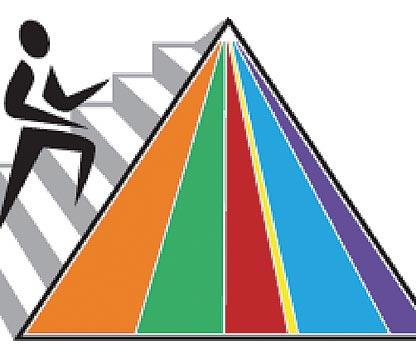The state Assembly’s Committee on Public Benefit Reform has a busy session.
On Thursday, it’s holding a public hearing on three bills, one of which would limit what kinds of foods Foodshare recipients can buy, prohibiting the purchase of any shellfish, such as crab, lobster or shrimp.
Later in the session, it might also take up other bills making changes to the state’s Foodshare program. One, for example, would limit the number of replacement cards that could be issued to Foodshare recipients during a 12-month period. Another would require photo identification on Foodshare cards.
The bill requests the USDA authorize and specify the number of replacement cards per year that may be given to Foodshare recipients whose cards have been reported lost, stolen, damaged or destroyed.
All of these bills require the Wisconsin Department of Health Services work with the federal government, as the Foodshare program is funded in part with federal funds.
Rep. Mark Born, R-Beaver Dam, who chairs the Assembly committee, said changes to welfare programs generally require federal waivers or must adhere to federal guidelines and case law.
David Lee, director of Feeding Wisconsin, said this type of federal compliance would be hard to obtain.
But Born said he did not expect obtaining waivers to be a challenge, because other states have successfully received them for similar programs. There are specific guidelines and policies that lawmakers are currently working through, Born said.
“States like Maine and Massachusetts have been leading some of the reform, so we’ve been looking to model some bills after them,” Born said. “This is something that states deal with in different ways, and some states seem to have more success than others.”
If the bill requiring photo ID on Foodshare cards passes, it would require the state’s DHS to create a comprehensive plan for implementing the photo ID requirement in Wisconsin.
Born said the purpose of the bill is to make it more difficult for people to use Foodshare cards that are not theirs. The bill aims to protect the public funds associated with the Foodshare program, Born said.
“The overall impact of these changes to the public benefit system is to bring more accountability to the system and crack down on ways to abuse the system,” Born said. “When we’re talking to our constituents, it’s something they’re very concerned about.”
In January, Gov. Scott Walker proposed requiring drug testing for public benefits, such Foodshare or unemployment.
But Lee, the Feeding Wisconsin director, said implementing barriers for people receiving public benefits often costs states more money than they save.
“The push to implement these kinds of barriers is to protect public funds,” Lee said. “All public dollars are precious, and we need to ensure that the state has enough resources for its priorities.”





















